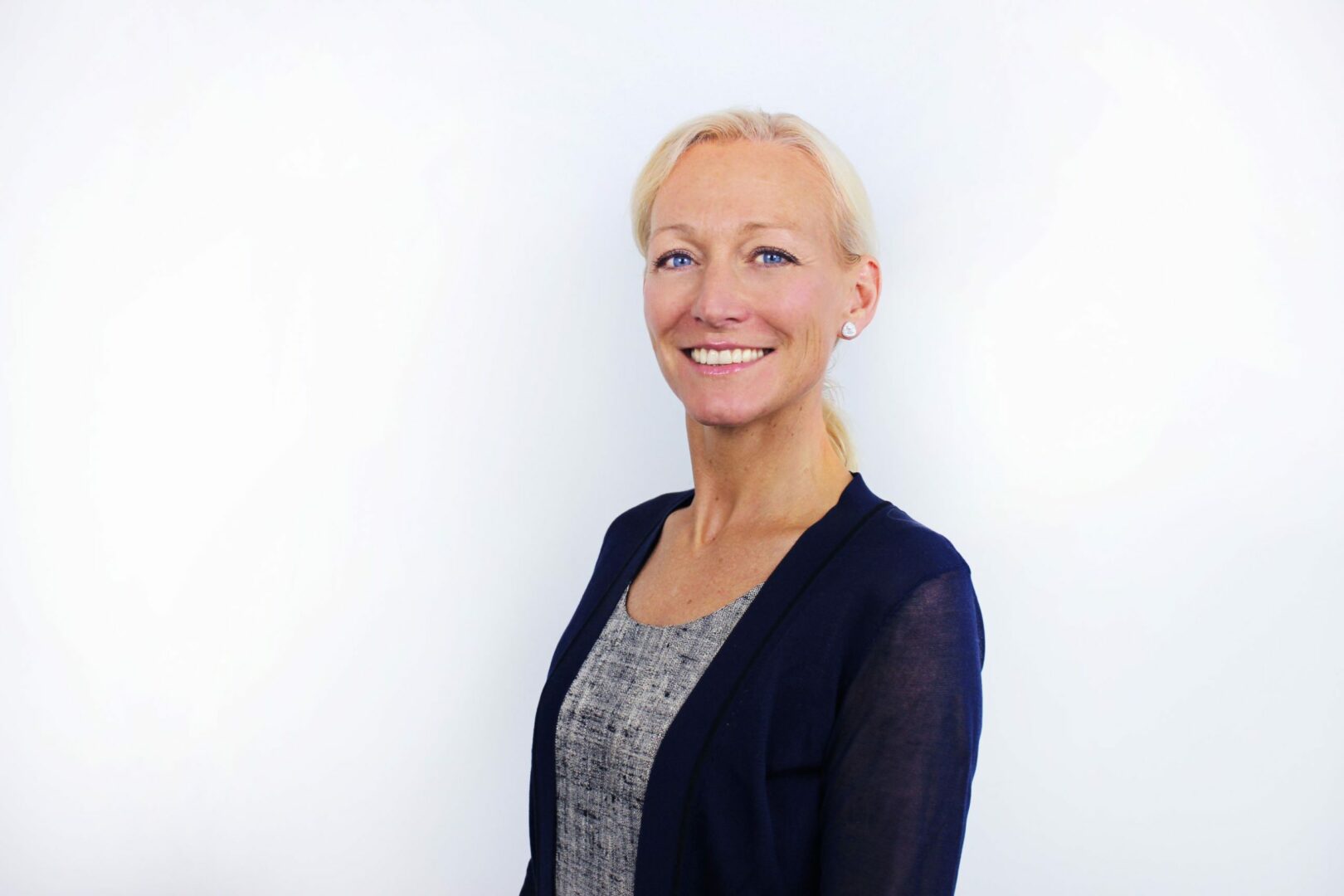Digital is the hottest policy area in every national capital today. And there’s nobody better to talk about it with than the Director General of Digital Europe – the voice of the digital industry in Europe. Hear what Cecilia Bonefeld-Dahl has to say about working in the business.
DigitalEurope represents the digital technology industry in Europe. What’s at the top of your advocacy agenda?
Digitalisation of SMEs and other non-tech industries for sure… which flows into data security and data privacy. As international data flows increase, we need adequate infrastructure that permits the data retention and storage needed to bring this new data economy to life.
How do we bring citizens up to speed on digital, including those data security issues with big ethical questions?
Questions around data privacy and data security arise from the digital transformation that many companies and industries as well as public sector bodies have undergone. Most data breaches now result from what is known as data and cyber hygiene. These revolve around questions such as “do people know how to handle their data?”
The gap here is substantial; it seems odd that young people can spend 8-9 hours a day on their devices yet have little idea how the digital world works. We recently welcomed a group of pupils to DigitalEurope. While I was talking about coding and programming, one of them asked me what a code was. Clearly, we are lagging on digital skills.
How is Digital Europe helping to address this growing need for digital skills, both on the employment market and on an individual level?
We’re running the Digital Skills and Jobs Coalition secretariat, the European Commission’s multi-stakeholder initiative on tackling the digital skills gap in Europe. We work very closely with our partners, including our national associations, to improve digital skills and job creation in the EU.
We need to understand that if our children don’t know how to incorporate digital into their jobs, it will be a major problem. Given the culture we have in Europe, with our commitment to first-class education, we should be leading on this issue. Yet somehow we’re just too slow.
Some EU countries like Estonia are taking digital to the next level. Will others follow?
I believe so. If you get sick in another country, why should they not have access your medical records immediately? Of course, we must ensure that people don’t have their medical records hacked, changed without authorisation or stolen. However, this should not stop the development from taking place.
I am Danish, and in Denmark everything is digital. Estonia is similar, even going a step further on digital services; each citizen has only one digital record that can be used for multiple purposes. However, the more data we enter, the messier it gets. If we want people take responsibility for their data and to control it, we also need to provide them with visibility of where that data is.
Is momentum building for national governments to help close Europe’s digital divide?
I see huge opportunities in the coming years. Many countries have digital strategies that are often closely aligned. The European Commission has now taken up coordination of these strategies, which is a welcome development. This is an area with the potential to transform lives in Europe; by coordinating initiatives we also coordinate the common good for future Europeans.
We also see now some larger and traditionally conservative countries such as Germany and France accelerating their digital agenda. This is a positive sign; we need to get them fully on board and then have front-runner countries such as Estonia, Denmark and Sweden push for development.
Your members are amongst the world’s largest tech companies and national associations…all with many different policy priorities. How do you speak with one voice?
At DigitalEurope, we have working groups where companies and members find their consensus on common issues. However, each member can of course speak on its own behalf.
The main challenges lie not in finding common ground but in ensuring that we stay in touch with the smaller companies throughout the EU. These may not have the resources to plan 20 years ahead and focus on digital, their energy is devoted to fighting to stay on the market. They are usually much more active within their national trade bodies, which is why we are now working with these associations to support their advocacy work towards national governments and the relevant Ministers in the Council.
We also have our annual flagship event, the Masters of Digital on the 20th of February. This year, for the first time, we will present the DIGITALEUROPE SME award. National trade associations have nominated one SME from their country to compete for recognition as the most digitally innovative and successful.
We are also working to create networks of SMEs around Europe and increasingly bringing their voices to the European institutions as part of our work here in Brussels.
You have had a career that has taken you from major companies such as IBM and Oracle, to running your own businesses and being on numerous Boards of Directors to Director General of Digital Europe today. What has been the key driver throughout your career and what motivates you in your current role?
Without a doubt the key driver has been digitalisation and technology. I have been working with digitalisation in different forms throughout my entire career. I am familiar with corporate environments, with global structure and resources as well as companies being built from scratch.
I believe in progress that benefits people and companies and takes society to the next level. That genuinely motivates me, and I can see how much the regulatory environment means for their growth and opportunities. In DigitalEurope, helping frame the regulatory environment has a huge influence on how we shape future jobs and businesses in Europe.
How do you then define success?
I am results-oriented, so I set myself clear targets. Along with the management team, we work towards the same goals: growing the association and becoming the association not only for IT companies but also for the digitalising industries. This is going well, as we increasingly see, for example, pharma companies joining.
Success to me also means covering the full policy chain and fulfilling the duty of informing and discussing issues with stakeholders before any problem arises. We already have a strong relationship with the Commission and stable contact with the Parliament. However, before I joined we had few, if any, touch points with the Council and thus Member States. I have dedicated resources to changing this.
We also aim to become more visionary in how we communicate, be dynamic, open and ‘to the point’ in how we discuss and communicate about issues.
What skills from your private sector experience do you believe transpose best into your work with the EU institutions?
What I can bring to the table – and what the EU institutions often lack – is the insight into everyday life for businesses. I understand what affects them, what it feels like to build your own company and the challenges of trying to grow internationally.
Having worked both directly in business and, for the past 10 years, with the technology industry in various associations, my experiences have proved invaluable when working on policy issues in Brussels. Same goes with my professional experience outside Europe. It highlights the need for a global perspective when considering digital issues. Although there is a lot to be done on the EU level, often it’s broader than that.
When recruiting for Digital Europe, what specific skills do you look for in candidates?
There are two aspects. First, hard skills. I prefer people with a background and a relatively deep understanding of the subject they are supposed to cover and a strong network within the sector.
Second, they also need the right personality to navigate what is a very political environment. Highly professional, robust people, able to communicate effectively with the various players and across borders. They need to be comfortable not only within the EU but also, for example, when talking to Asian or American member companies.
We currently have 12 different nationalities in our office, ranging in age from 26 years to 67. I am also proud to say that we have genuine gender balance within the team.


